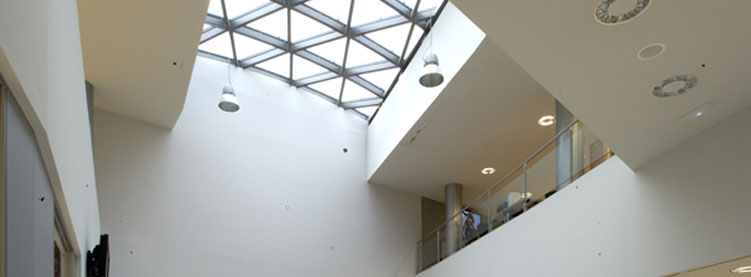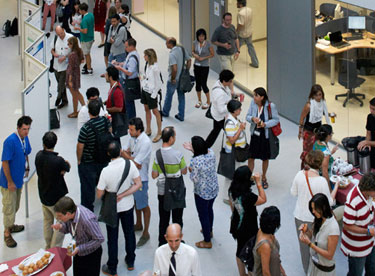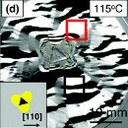
Applying a localized pressure improves the control of metamagnetic materials at the nanoscale. Researchers at the Universitat Autònoma de Barcelona, the Institute of Materials Science of Barcelona and the ALBA Synchrotron, in collaboration with the UB and ICN2, have developed a new technique to locally modify the properties of a metamagnetic material. The method consists in applying local pressure to the surface of the material using nanometric needles and allows a much more easy and local modification than current methods. The research opens the door to a more accurate and precise control of magnetic materials and allows to improve the architecture and capacity of magnetic digital memories.

Till the 21st of June, undergraduate students interested in doing an internship at ALBA can submit a proposal for covering one of the 14 available positions.

Two months left for sending proposals to the fifth CALIPSOplus call for SMEs. Till 29th July 2020, small and medium companies can ask for funded beamtime in different European light sources thanks to EU CALIPSOplus project.
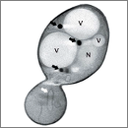
A research team lead by the French National Research Institute for Agriculture, Food and Environment (INRAE) has developed a new multimodal imaging method that combines different microscopy techniques used at the ALBA synchrotron and the French SOLEIL synchrotron. This method was used to gather complementary information about the composition and structure of lipid droplets in yeast cells. One of its advantages is that it does not employ any chemical markers or fixing agents, which can potentially damage cells.
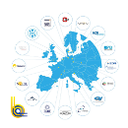
LEAPS facilities are joining forces in front of the coronavirus pandemic, offering their capacities to the whole scientific community. Several facilities have opened calls for rapid access to dedicated beamtime for prioritizing the research on the SARS-CoV-2 virus, its therapy and vaccine, above the rest, aiming at minimizing the time from proposal to paper submissions.

